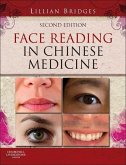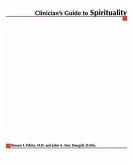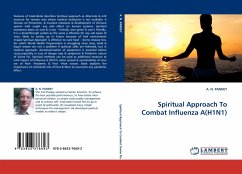The motivation for carrying out this research arose when, passing through some of my university internships, my attention was drawn to the Intensive Care Unit (ICU), as it is a place with a wide variety of devices, highly complex and invasive procedures and its beds occupied by patients who are mostly in a 'serious condition'. This type of unit generates fear in the family member, 'fear of the unknown', of the devices, of the procedures, causes anguish at not being able to accompany their family member and doubts at not knowing if the patient will leave this place alive, thus generating stress due to hospitalisation. This book presents a study on the Religious-Spiritual Coping (RSC) of relatives of patients in the ICU. The data was collected from family members while they were waiting to visit their relative, and they answered a questionnaire. The results of the study showed that the family members who took part in this research use more positive than negative SRC strategies. We can see that regardless of religion/spirituality, all family members believe in God and that this helps in the hospitalisation process.
Bitte wählen Sie Ihr Anliegen aus.
Rechnungen
Retourenschein anfordern
Bestellstatus
Storno









